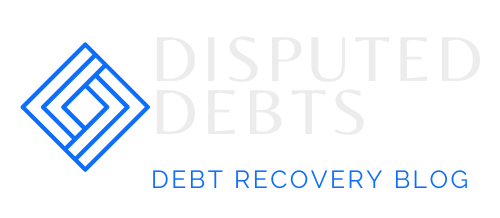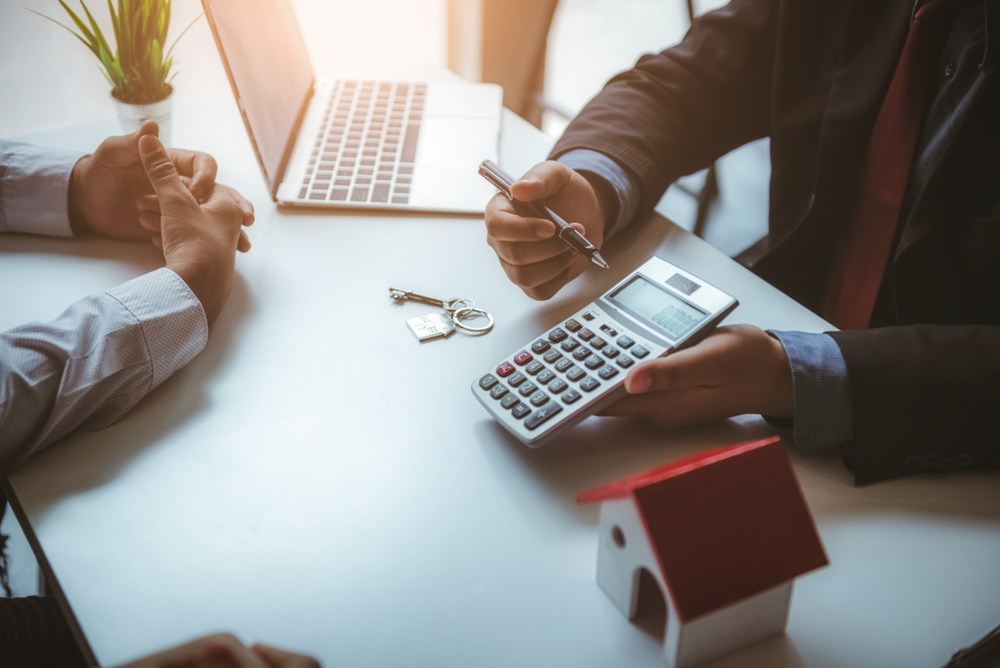
Reclaim Your Finances: Insights and Strategies for Successful Debt Recovery
Our insightful blog offers effective strategies for successful debt recovery, putting you on the path to financial stability and freedom.
Why Involving a Collection Agency is Crucial for Debt Recovery
As a business owner, dealing with outstanding debts can be a frustrating and time-consuming process. You may have tried to chase down customers who are defaulting on payments, sent numerous reminders, and even tried to negotiate payment plans. However, despite your best efforts, some customers may still refuse to pay. In such situations, involving a collection agency can be a game-changer.
A collection agency is a third-party service provider that specializes in recovering unpaid debts on behalf of creditors. These agencies have the expertise and resources to handle debt recovery professionally, efficiently, and legally. If you’re still unsure about whether involving a collection agency is the right choice for your business, here are some compelling reasons to consider.

Expertise in Debt Recovery
A collection agency is staffed with professionals who are trained and skilled in debt recovery. They have in-depth knowledge of the legal and regulatory requirements of the debt recovery process, including the Fair Debt Collection Practices Act (FDCPA). They know how to navigate the complexities of the debt recovery process and have access to advanced technology and tools that streamline the process.
When you involve a collection agency, you’re entrusting your debts to experts who can handle the job efficiently and effectively. They know how to communicate with debtors, negotiate payment plans, and recover debts in a manner that is compliant with the law. This can save you time and resources that can be better utilized in other aspects of your business.
Improved Cash Flow
When customers fail to pay their debts, it can have a significant impact on your cash flow. Unpaid debts can cripple your business’s ability to pay expenses, make investments, and grow. When you involve a collection agency, you improve your chances of recovering your debts, which can help you boost your cash flow.
Collection agencies have access to advanced tools and technology that allow them to track down debtors and follow up promptly. They can use a range of communication channels, including phone, email, and mail, to contact debtors and negotiate payment plans. This results in a higher rate of successful debt recovery, which helps to improve your cash flow and keep your business running smoothly.
Legal Compliance
Debt recovery is a legal process that is governed by strict regulations and laws. As a business owner, it can be challenging to navigate these regulations, especially if you’re not familiar with them. When you involve a collection agency, you can rest assured that your debt recovery process is compliant with the law.
Collection agencies are well-versed in the legal and regulatory requirements of debt recovery, including the FDCPA. They know how to communicate with debtors in a manner that is legal and ethical, and they follow all the necessary steps to ensure that the debt recovery process is compliant. This can save you from legal troubles and protect your business’s reputation.
Preserve Business Relationships
Debt recovery can be a sensitive issue, especially if you have a long-standing relationship with your customers. If you try to recover debts on your own, you risk damaging these relationships and losing valuable customers. When you involve a collection agency, you can preserve your business relationships while recovering your debts.
Collection agencies are trained to handle debt recovery professionally and tactfully. They know how to communicate with debtors in a manner that is respectful and courteous, which can help to preserve your business relationships. This can be especially important if your customers are valuable to your business and you want to maintain a positive relationship with them.
In conclusion, involving a collection agency in the debt recovery process can be a wise choice for businesses. It can help to improve your chances of recovering outstanding debts, boost your cash flow, ensure legal compliance, and preserve your business relationships. When choosing a collection agency, it’s essential to look for one that has a proven track record of success, is compliant with the law, and communicates effectively with debtors. With the right collection agency by your side, you can focus on running your business while leaving the debt recovery process to the experts.
What to Do When You Can’t Pay Your Bills
When it comes to finances, it’s easy to feel overwhelmed. Bills can stack up, and before you know it, debt collectors are calling you and you feel like you’re drowning in debt. It’s important to remember that you’re not alone in this situation. Many people have been in this position before, and there are steps you can take to get through it.
In this article, we’ll go through some actionable steps you can take when you can’t pay your bills.
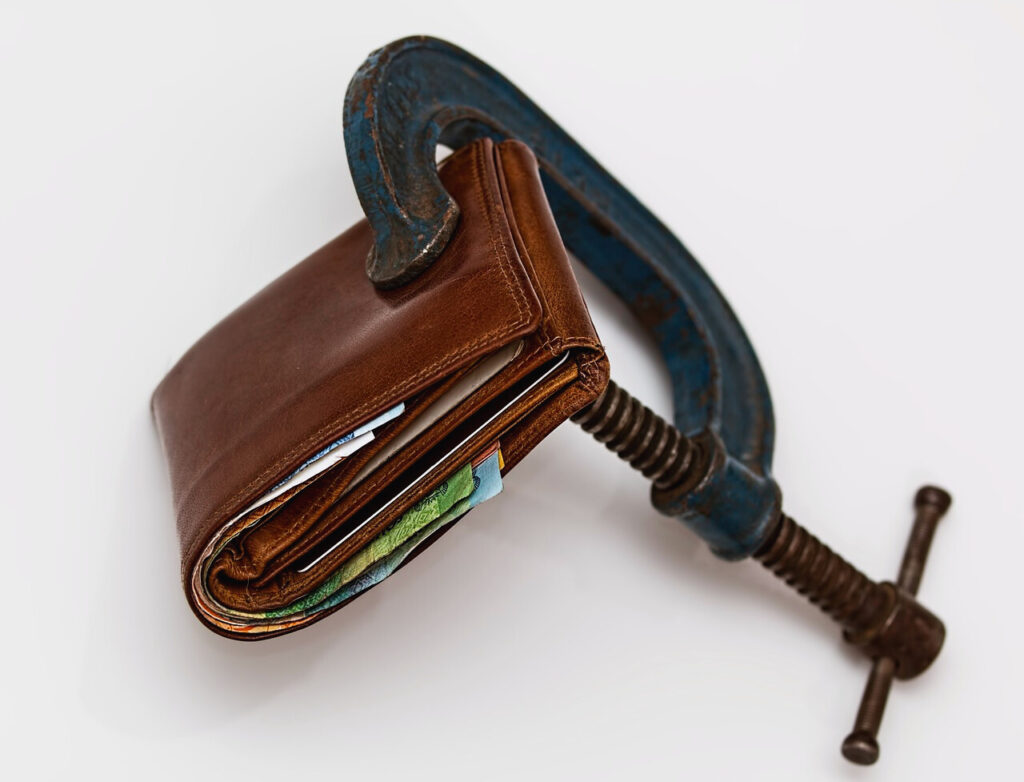
Prioritize Your Bills
One of the first things you should do is prioritize your bills. This means sorting them by order of importance. For example, your rent/mortgage, utilities, and food should be at the top of your list. These are the bills that you need to pay to keep a roof over your head, electricity running, and food on the table.
Lower priority bills may include credit cards, cable, and subscription services. While these are important, they can be deferred if necessary.
Contact Your Creditors
If you’re unable to make a payment, the worst thing you can do is ignore the bill. Instead, contact the creditor and explain your situation. Many companies will be willing to work with you to create a payment plan or defer the payment.
When you speak with the creditor, be honest about your situation. Explain why you’re unable to make the payment and ask if they have any options available. Remember, the creditor wants to work with you to get their money, so don’t be afraid to ask for help.
Seek Assistance Programs
If you’re struggling to make ends meet, there are assistance programs available that can help. These programs can provide financial assistance for rent, utilities, food, and other necessities.
Cut Back on Expenses
When you’re struggling to pay your bills, it’s important to cut back on expenses where you can. This may mean canceling subscription services, eating out less often, or finding ways to save on utilities.
Take a look at your monthly expenses and see where you can cut back. Even small changes can make a big difference in your budget.
Consider a Debt Consolidation Loan
If you have multiple debts, a debt consolidation loan may be a viable option. A debt consolidation loan is a loan that combines all of your debts into one loan with a lower interest rate. This can make it easier to manage your debts and save money in interest payments.
However, it’s important to do your research before taking out a debt consolidation loan. Make sure you understand the terms and fees associated with the loan, and make sure it’s the right decision for your situation.
Seek Professional Help
If you’re feeling overwhelmed and unsure of what to do, seeking professional help can be a good option. A financial advisor or credit counselor can help you create a budget and develop a plan to get out of debt.
It’s important to choose a reputable advisor or counselor who has your best interests in mind. Do your research and ask for referrals before choosing a professional to work with.
When you can’t pay your bills, it’s easy to feel like there’s no way out. But by prioritizing your bills, seeking assistance programs, cutting back on expenses, considering debt consolidation, and seeking professional help, you can take control of your finances and get back on track.
Remember, you’re not alone in this situation. Many people have been in your shoes before, and there are options available to help you get through it.
The Road to Debt Recovery: A Step-by-Step Guide
As a financial educator, I have seen many individuals struggle with debt. It can be a difficult and stressful situation to be in, but it is not impossible to overcome. In fact, with the right mindset and approach, it is possible to recover from debt and achieve financial freedom. In this blog post, I will share with you the steps to debt recovery that I have found to be effective.
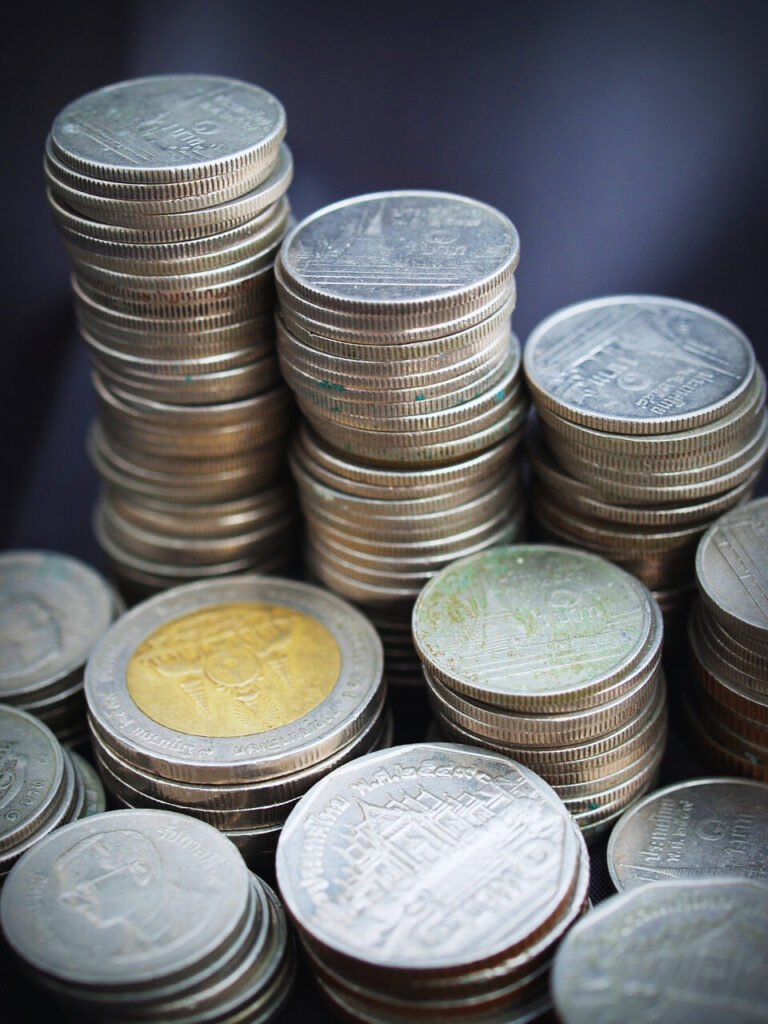
Step 1: Face Your Debt
The first step to debt recovery is to face your debt head-on. You need to know exactly how much you owe, to whom, and what the interest rates are. This information will help you create a plan to repay your debt in a timely and effective manner. It may be difficult to face your debt, but ignoring it will only make the situation worse. So, take a deep breath, gather all your bills, and start calculating.
Step 2: Create a Budget
Once you have a handle on your debt, the next step is to create a budget. A budget will help you see where your money is going and where you can make cuts. You may need to sacrifice some of your wants in order to pay off your debt, but the end result will be worth it. Look at your income and expenses, and see where you can make adjustments. Cut back on eating out, cancel subscriptions you don’t use, and find ways to save on your utilities. Every penny counts when you are trying to recover from debt.
Step 3: Make a Plan
Now that you have a budget, it’s time to make a plan to pay off your debt. There are two popular methods to achieve this: the snowball method and the avalanche method. The snowball method involves paying off your smallest debt first and then moving on to the next smallest, until all your debts are paid off. The avalanche method involves paying off your highest interest debt first and then moving on to the next highest interest rate, until all your debts are paid off. Choose whichever method works best for you and stick to it.
Step 4: Increase Your Income
In some cases, your debt may be too high for you to pay off with just your current income. In this case, you may need to find ways to increase your income. This can be done by taking on a second job, selling items you no longer need, or finding a way to monetize a hobby. Increasing your income will help you pay off your debt faster and achieve financial freedom sooner.
Step 5: Negotiate with Creditors
If you are unable to make your debt payments, you may need to negotiate with your creditors. This may involve asking for a lower interest rate, a payment plan, or even a settlement. Don’t be afraid to ask for help, as most creditors would rather work with you than have you default on your debt. Just be sure to get any agreements in writing and stick to the terms.
Step 6: Seek Professional Help
If you are feeling overwhelmed or unable to make progress on your debt, it may be time to seek professional help. This can be done through credit counseling, debt consolidation, or even bankruptcy. These options should be a last resort, but they can be effective in helping you recover from debt and start fresh.
Recovering from debt is not an easy journey, but it is possible. By facing your debt, creating a budget, making a plan, increasing your income, negotiating with creditors, and seeking professional help, you can achieve financial freedom. Remember, the key is to stay focused and committed to your goals. With the right mindset and approach, you can overcome any obstacle and achieve success.
Does your business need debt recovery? Read our blog post on commercial debt recovery for businesses.
How Debt Collectors Find You: A Guide to Understanding the Process
Debt collectors often have a reputation for being relentless in their pursuit of unpaid debts. But how exactly do they manage to find individuals who owe money, sometimes even after years have passed? In this article, we’ll take a closer look at the methods debt collectors use to track down debtors and what you can do to protect yourself.
Debt collectors are hired by creditors to recover unpaid debts on their behalf. These debts can be anything from credit card balances to medical bills to outstanding loans. When a debtor fails to make payments for a prolonged period of time, creditors will often turn to debt collectors for assistance. But before they can start collecting, they need to find the person who owes the debt.
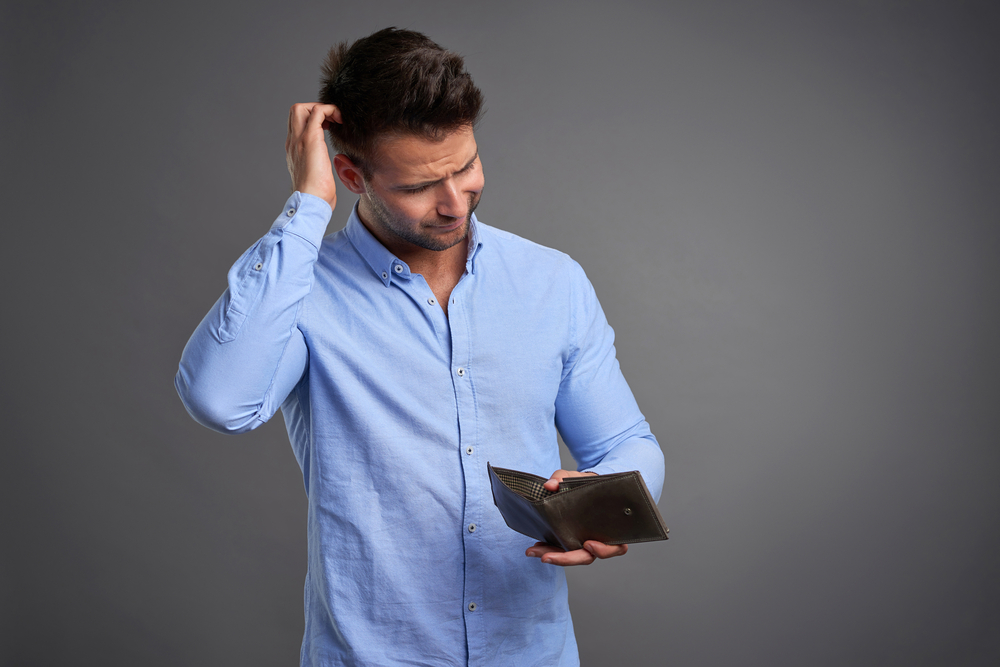
Contact Information
The first step for most debt collectors is to try and obtain contact information for the debtor. This can include their current address, phone number, email address, and employment information. Debt collectors will often start by checking the contact information provided by the creditor and making sure it’s still accurate. If they’re unable to reach the debtor using this information, they’ll begin conducting their own research.
Credit Reports
One of the most common ways debt collectors find debtors is through credit reports. Credit reporting agencies collect and maintain information about individuals’ credit histories, including their outstanding debts. Debt collectors can request access to this information and use it to track down a debtor’s current contact information.
Public Records
Debt collectors can also access public records to find debtors. These records can include property ownership information, court records, and bankruptcy filings. By searching through public records, debt collectors can often find clues about a debtor’s current whereabouts.
Skip Tracing Services
If debt collectors are still unable to locate a debtor after exhausting the previous methods, they may turn to skip tracing services. These services are specialized in finding individuals who are difficult to locate. They use a variety of methods, including searching through public records, interviewing friends and family members, and conducting surveillance.
Social Media
Social media has become an increasingly popular tool for debt collectors to find debtors. By searching for an individual’s name on social media platforms, debt collectors can often find valuable information about their current whereabouts, employment status, and even their spending habits. However, there are strict rules about how debt collectors can use social media to collect debts, and they must comply with the Fair Debt Collection Practices Act.
Phone Calls
Finally, debt collectors may resort to calling the debtor directly. They may use the contact information provided by the creditor or found through other means to call the debtor and request payment. If the debtor is still unresponsive, the debt collector may continue to call repeatedly in an attempt to reach them.
Debt collection agencies use a variety of methods to find individuals who owe unpaid debts. These methods can range from accessing credit reports and public records to using skip tracing services and social media. If you find yourself being contacted by debt collectors, it’s important to know your rights and understand what they can and cannot do to collect debts. By being knowledgeable about the debt collection process, you can protect yourself from unnecessary harassment and ensure that your rights are being respected.
Commercial Debt Recovery: A Comprehensive Guide for Businesses
If you’re a business owner, you’re probably already familiar with the concept of commercial debt recovery. At some point, you’re likely to encounter customers or clients who fail to pay for the products or services you provide. When that happens, it can be frustrating, stressful, and even detrimental to your business’s financial stability.
Fortunately, there are options available to help you recover your debts. In this guide, we’ll take a closer look at commercial debt recovery, including what it is, how it works, and what you need to know to navigate the process successfully.

What is Commercial Debt Recovery?
Commercial debt recovery is the process of collecting outstanding debts owed to a business by other businesses or individuals. This type of debt recovery typically involves larger sums of money than consumer debt recovery, which focuses on collecting debts from individuals.
Commercial debt recovery can be complex and time-consuming, requiring a significant amount of effort and resources. However, it is an essential part of managing the financial health of a business, and failure to pursue and recover outstanding debts can have serious consequences.
How Does Commercial Debt Recovery Work?
When a business is owed money by another business or individual, the first step is usually to attempt to collect the debt directly. This might involve sending reminder letters, making phone calls, or sending emails to the debtor, requesting that they pay the outstanding amount.
If these efforts are unsuccessful, the next step is typically to engage a commercial debt recovery agency. These agencies specialize in recovering outstanding debts for businesses and have a range of strategies and tactics at their disposal to locate and collect debts.
The specific approach taken by a commercial debt recovery agency will depend on the circumstances of the debt and the debtor in question.
Common Strategies Used by Debt Recovery Agencies
Skip Tracing:
This involves using a range of techniques to locate the debtor, including searching public records, social media, and other online sources.
Negotiation:
Debt recovery agencies may attempt to negotiate with the debtor to reach a mutually acceptable payment plan or settlement.
Legal Action:
If negotiation fails, the debt recovery agency may pursue legal action against the debtor, typically in the form of a lawsuit.
Asset Seizure:
In some cases, debt recovery agencies may be able to seize or freeze the debtor’s assets, such as bank accounts or property, to satisfy the debt.
What Do You Need to Know About Commercial Debt Recovery?
As a business owner, there are several things you need to know about commercial debt recovery to ensure that you can manage your debts effectively and protect your financial interests. Here are some key considerations:
Keep Accurate Records:
To successfully recover debts, you need to have accurate and up-to-date records of all outstanding debts, including amounts owed, due dates, and any correspondence with debtors.
Act Quickly:
The longer you wait to pursue outstanding debts from bills, the more difficult they become to recover. It’s essential to act quickly and proactively when attempting to recover commercial debts.
Choose the Right Debt Recovery Agency:
Not all debt recovery agencies are created equal. You need to choose an agency with a track record of success, a proven methodology for debt recovery, and a reputation for professionalism and ethical conduct.
Understand Your Legal Rights:
When pursuing commercial debt recovery, it’s essential to understand your legal rights as a creditor and the legal rights of the debtor. This will help you navigate the process more effectively and avoid potential legal complications.
Commercial debt recovery can be a challenging and time-consuming process, but it’s essential for businesses to recover outstanding debts and protect their financial interests. By understanding the basics of commercial debt recovery and working with the right debt recovery agency, businesses can improve their chances of successfully collecting outstanding debts and maintaining their financial stability.
